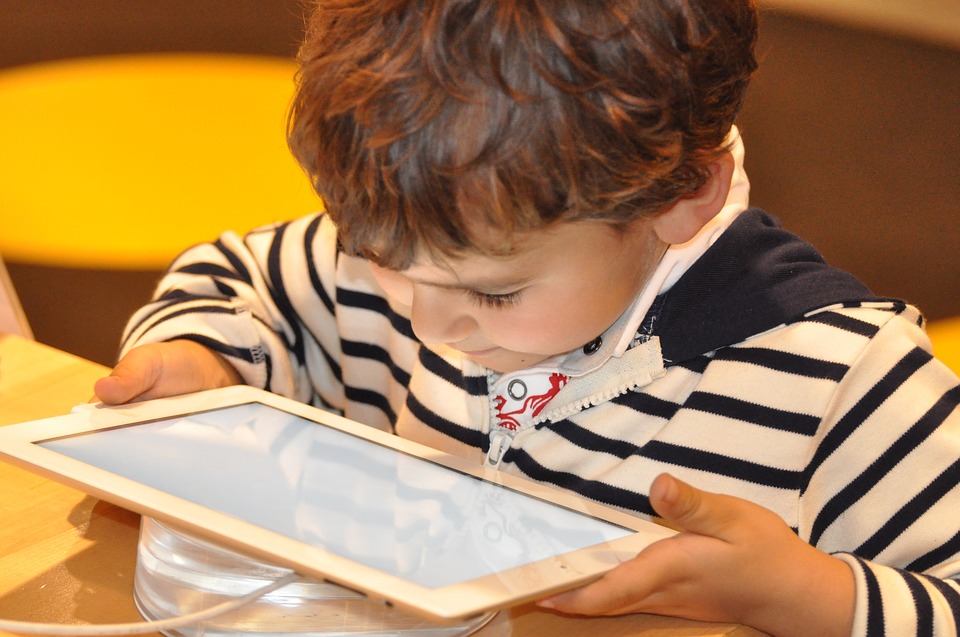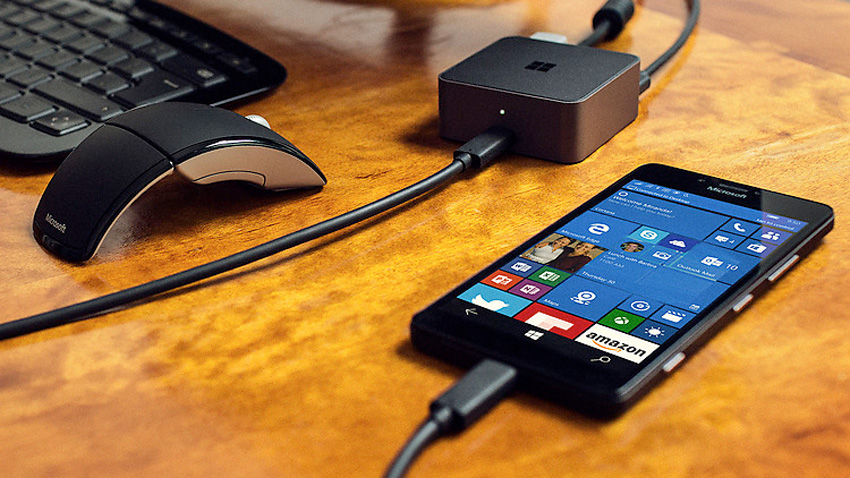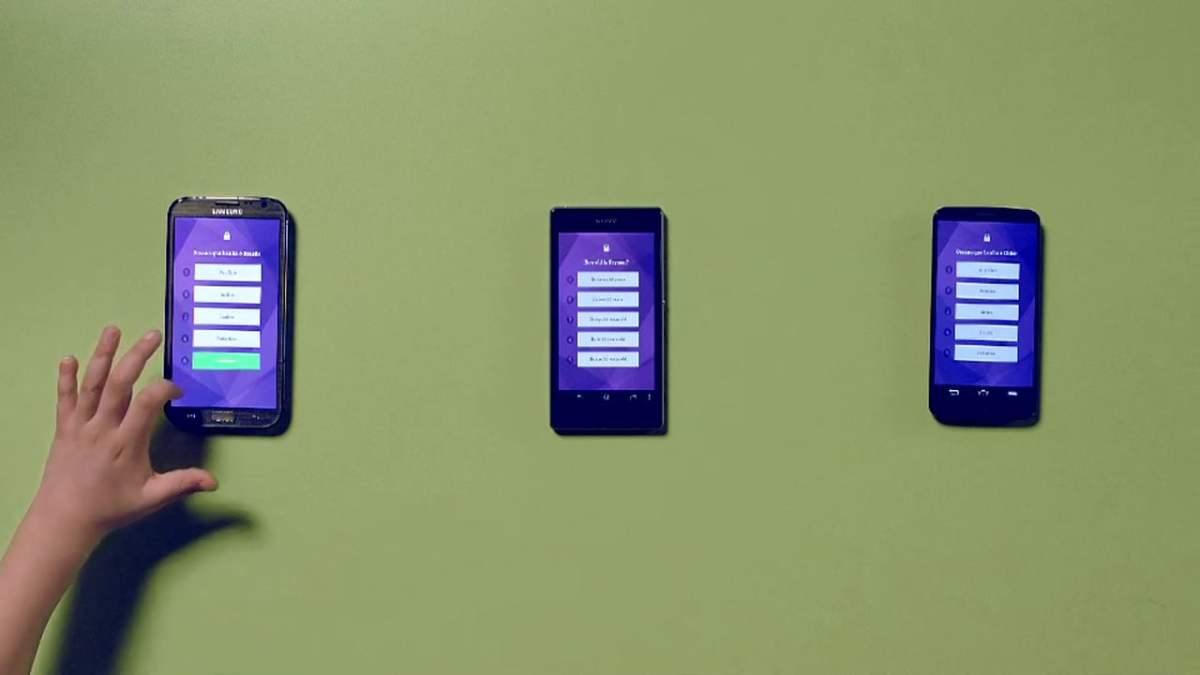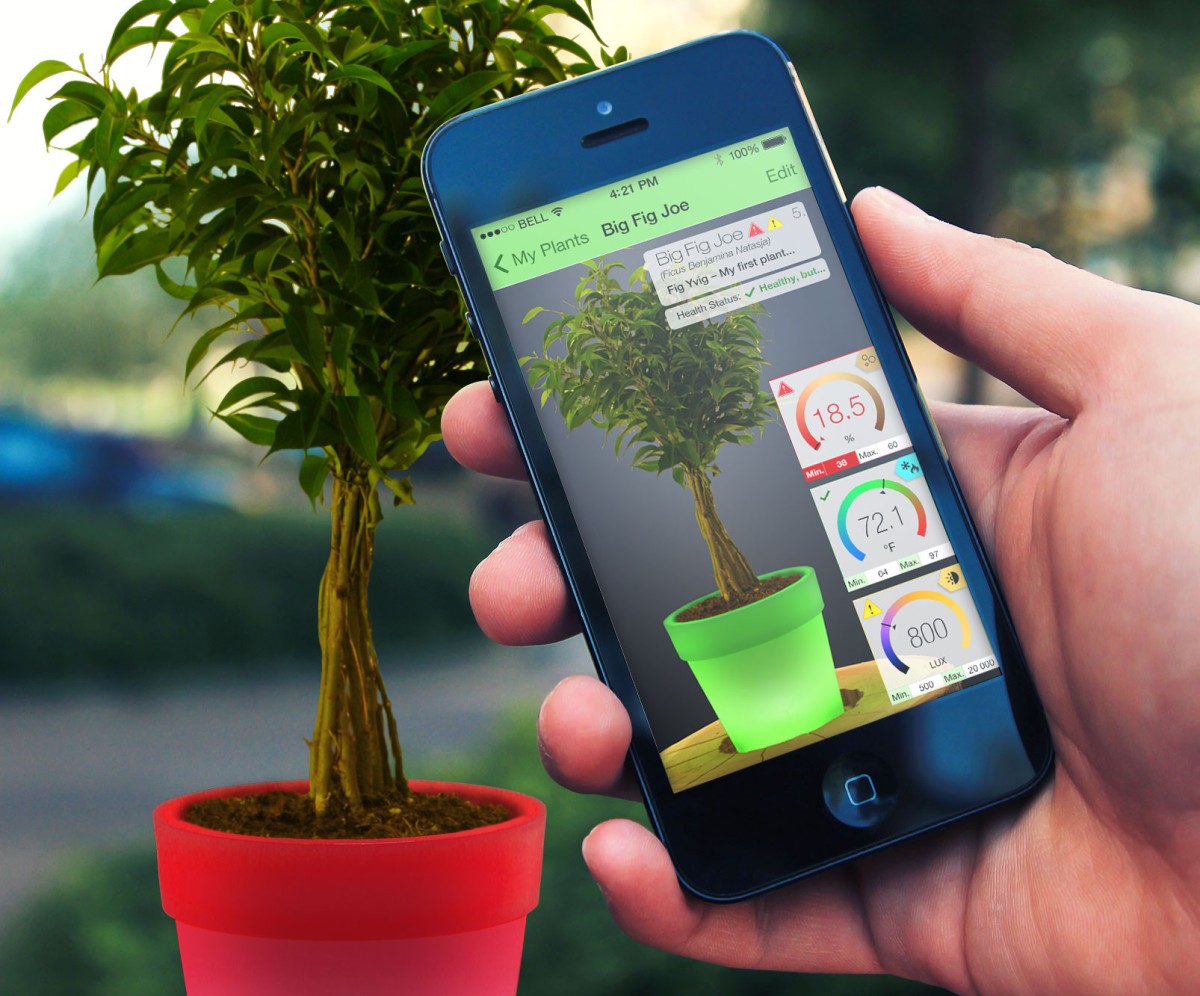Increasingly, children spend a long time at the computer, laptop, iPadk, smartphone or TV. We can not fully restrict their access to such devices because there are many educational apps and TV programs that improve children’s skills to communicate, show them new and interesting scientific and trivia facts of life. Often this is the only way parents can relax a little.
But be especially careful! Studies argue that prolonged use of these devices causes delays in the cognitive development of the children.
Dr. Arik Sigma, a researcher at the British Psychological Society, claims that playing games on their phones and standing in front of the monitors for a long time can result in permanent damage to the children’s brain development. Too much time spent in front of the screen, hinders the development of the ability to concentrate, as well as learning new words. So instead of parents to educate their children with new technologies, they harm them.
How to use phones and computers, accordingly to the age?
The brains of children at this age are developing rapidly and are particularly sensitive to everything surrounding them. In medical circles, this is called critical period because the changes that occur in the brain at that time become the basis. To develop normal neural system in this period, the child needs special incentives from the external environment. When a child spends too much time in front of the screen, it does not receive the necessary incentives for the development of the real world and therefore brain development remain undeveloped.
The frontal lobe area of the brain is responsible for decoding and understanding social interactions. It is this that helps to understand non-verbal signals in conversation, the difference in tone and nuance of expression. The most important stage of construction of this lobe is precisely in infancy.
Despite the danger for the young brains of excessive use of smartphones, there are many benefits. Over two years of age you can allow your child to watch a movie or have something else to do with the device in a limited time. Some games on tablets and smartphones support the development of coordination, develop quick reactions and even sharpen language skills.
There are some good parental control apps on the web that can help you with your children.









